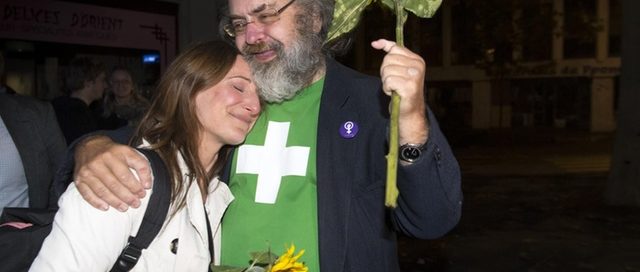Spanish 10 N Elections: was it worth it?
By Patricia Correa Vila (Aston University) Spanish citizens faced yesterday the fourth general election in the past four years yet again the chances of having a new government are still not fully clear. There is no clear majority at either side of the ideological spectrum, and although some parties have already established clear preferences for [...]











